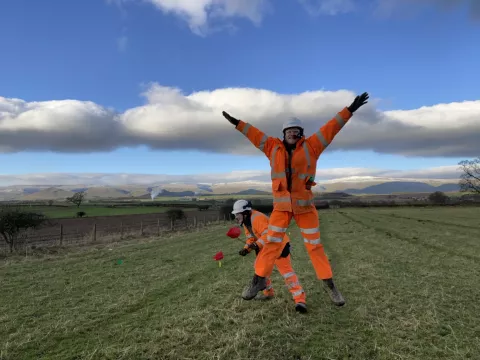A strong passion for archaeology is a key requirement to join our team. Once you've joined us, we will offer all the tools and opportunities for you to develop your career in the sector.
We run a Fieldwork Training Pathway that is approved by the Chartered Institute for Archaeologists. It provides all the training to develop as a professional archaeologist, learn about the different disciplines within archaeology, support your exploration of your own archaeological interests, and become an innovator in the sector. The Pathways can take you from Graduate Trainee to Archaeologist, and on to Assistant Supervisor, Supervisor and eventually Project Officer. Or you can use it as a springboard for exploring other career paths within OA.
At whatever position you join us, our Training Team will ensure that you get the training you need to confidently carry out your role and to maximise your potential.
After some years working for various companies I joined Oxford Archaeology mainly because of the training offering. Because I'm coming from a different archaeological background, I wanted to learn more while working in different kinds of projects. So the programme really helped me to understand and adapt to British commercial archaeology and learn new skills with theoretical training days and hands on experience.
Ioannis, Archaeologist
Fieldwork Graduate Trainee Pathway
Your start in professional archaeology, with our support
If you have a degree in archaeology, or a related discipline - perhaps geology or classics - then this programme provides a great way into the world of commercial field archaeology. It has been running since 2014, and during that time over 300 graduates have joined us, many of whom have gone on to successful careers in the commercial archaeology sector. You don't need perfectly honed archaeological fieldwork skills - this is a paid full-time training programme where you can learn whilst working on-site as a trainee Archaeologist, all under the supportive guidance of your experienced mentors.
The programme lasts for six months, with scored milestones every six weeks to check on your progress, as well as halfway-point and final reviews. When, after 12 weeks, you achieve the required scores you will pass onto the second half of the programme (subject to the availability of work), and you will also receive a pay rise. When you successfully complete the GT programme, you are fully equipped with the skills, knowledge and experience necessary to apply for roles as a fieldwork archaeologist. If there are positions available within Oxford Archaeology, you will be offered a full-time permanent contract as a Fieldwork Archaeologist.
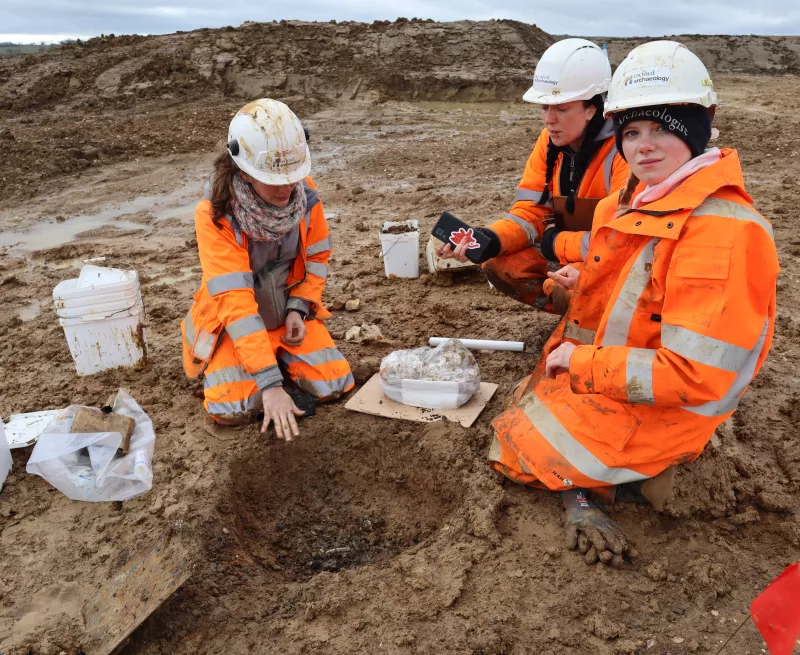
Fieldwork Archaeologist Training Pathway
In charge of your own professional development
This pathway encourages you to seek out opportunities to enhance your career, and record your ongoing experience in the relevant sections of your training pack. It is also ideal for suitably experienced staff who join the company from outside. As well as recording your experiences and progress in a structured way, the programme includes four training days a year. Each training day will involve classroom sessions led by Oxford Archaeology experts in their field. It's a great way to experience different departments and gain an in-depth understanding of archiving, finds processing, environmental processing, and so on.
There are no time limits placed on the programme – everyone can take it at their own pace – but on average it takes between 18 months and two years to complete. Each office (Cambridge, Lancaster and Oxford) has a Training Manager who will oversee your progress, provide you with support, and answer any questions that you may have. When you feel that you have gained enough experience to gain promotion to Assistant Supervisor (AS), you can present your training record to the Training Manager as evidence of your experience. If successful, they will recommend you for promotion to Assistant Supervisor, and you will receive a pay rise. You will also move onto the Field Assistant Supervisor Training Pathway.
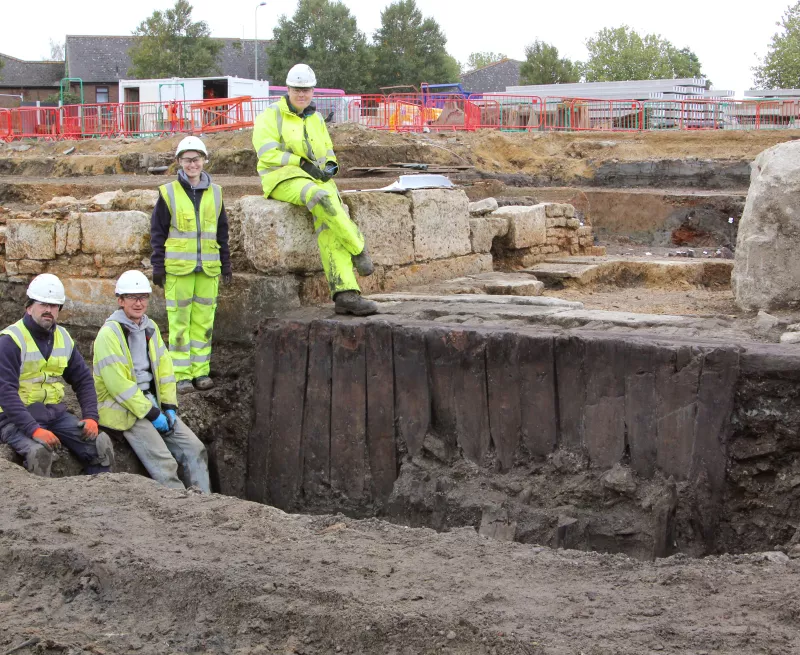
Fieldwork Assistant Supervisor Training Pathway
Preparing you for the next step in your career
This pathway builds on the previous schemes and trains our Assistant Supervisors to the point where they have the experience to apply for promotion to Fieldwork Supervisor, although we appreciate that not everyone may wish to follow this route and there may be opportunities in other departments. The programme is also open to suitably experienced new recruits.
Like the Field Archaeologist Pathway, we expect you to seek out opportunities for your career advancement and record your fieldwork and reading experiences, but you will have considerably more responsibility in your day-to-day site role. The programme includes sessions in the classroom, but also external training for safe plant supervision, first aid and other qualifications. During your time on the pathway, you will gain both the experience and training that our Supervisors need to safely undertake the role. This means that when a Supervisor position arises you will be well placed to apply for it.
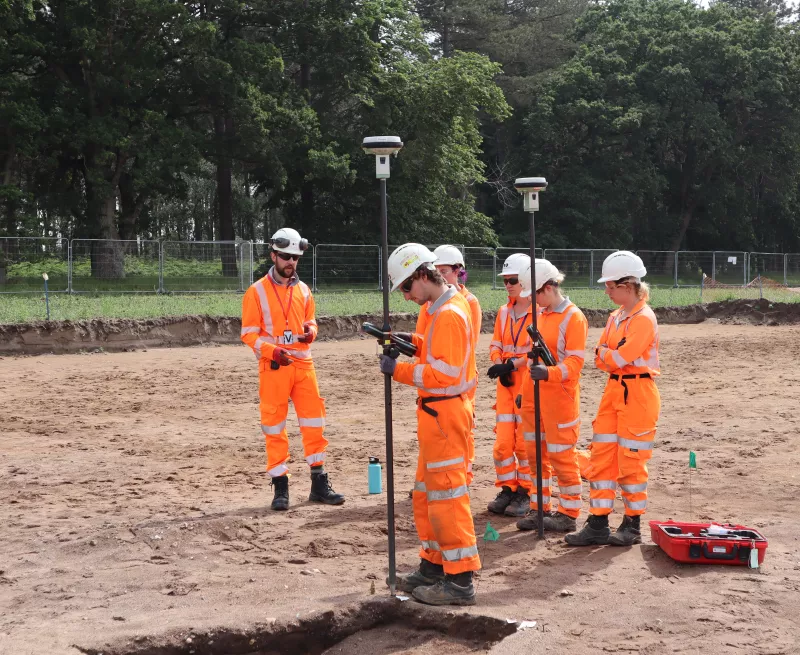
Fieldwork Supervisor Training Pathway
New to 2024, this programme provides the training and knowledge needed to confidently supervise excavation projects and teams. You’ll also receive training in post excavation processes; from report writing to how to collaborate with different departments and manage communications with different stakeholders.
Not only will this programme equip you with the necessary skills to be a confident Fieldwork Supervisor, it will also start to introduce you to the role and responsibilities of a Fieldwork Project officer. Learning includes a mixture of classroom-based modules and self-led learning, and our Training Team will be on hand to support you throughout. Don’t worry if you’re joining our team at Supervisor level, you can get access to content from preceding Pathways if you feel it would benefit your professional development.
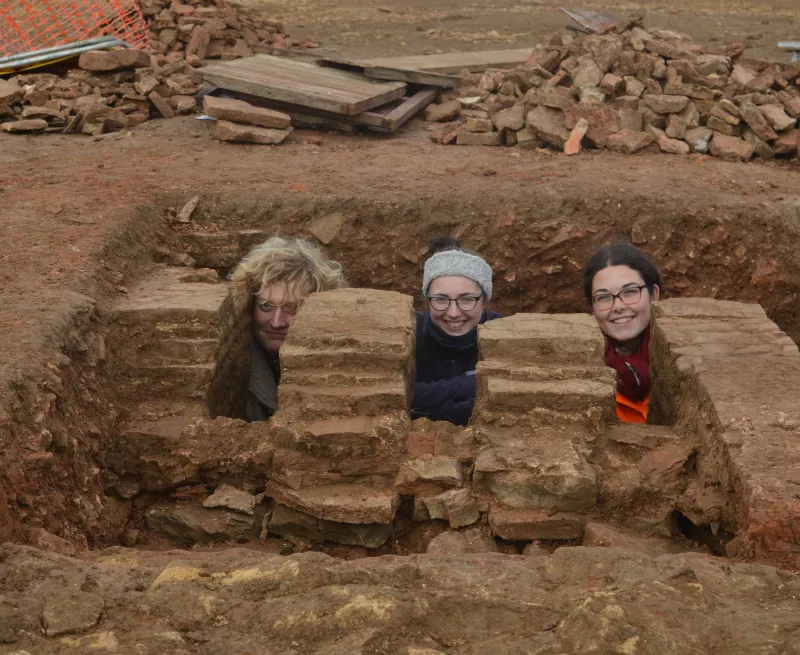
Fieldwork Project Officer Training Pathway
Also new to 2024, this programme provides consistent, formalised training and guidance in all key aspects of a Project Officer role. You’ll receive training around working in larger Infrastructure Projects, gain advanced H&S training in areas such as risk management and producing RAMS, learn advanced site logistics, and understand how to integrate communications with various stakeholders in commercial projects. You’ll also learn about Oxford Archaeology’s role as an Educational Charity, and your responsibility to contribute towards our charitable aims and objectives.
Whether a seasoned Project Officer or recently promoted, this Training Pathway will provide you with the tools to successfully carry out the role within Oxford Archaeology. It will also begin to introduce you to some of the responsibilities of a Project Management role. Most learning will take place through taught classroom-based modules and external accredited training. And as with the Supervisor programme, our Training Team can give you access to content from preceding Pathways if you feel it would benefit your professional development.
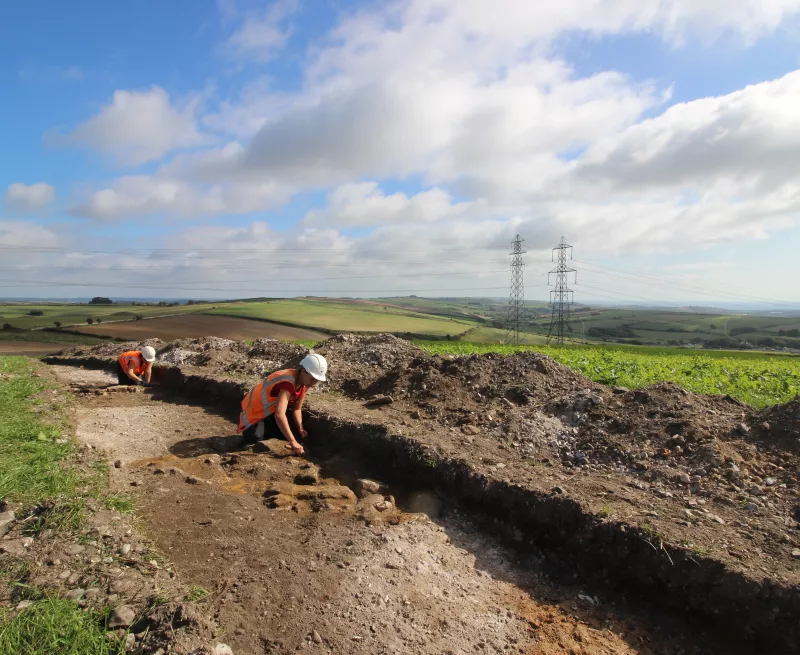
I have been with Oxford Archaeology for 5 years and have found it to be a great place to work. My fellow archaeologists are a welcoming group of people and ready to help if needed. I began as a Graduate Trainee and the training schemes have supported me through my progression as an archaeologist. I am now in a position where I am supervising and still loving my job and OA a long 5 years after I started. Even though it can tough sometimes when my body is aching, travelling across the country with bad British weather, I would not change any of it.
Sarah, Assistant Supervisor

